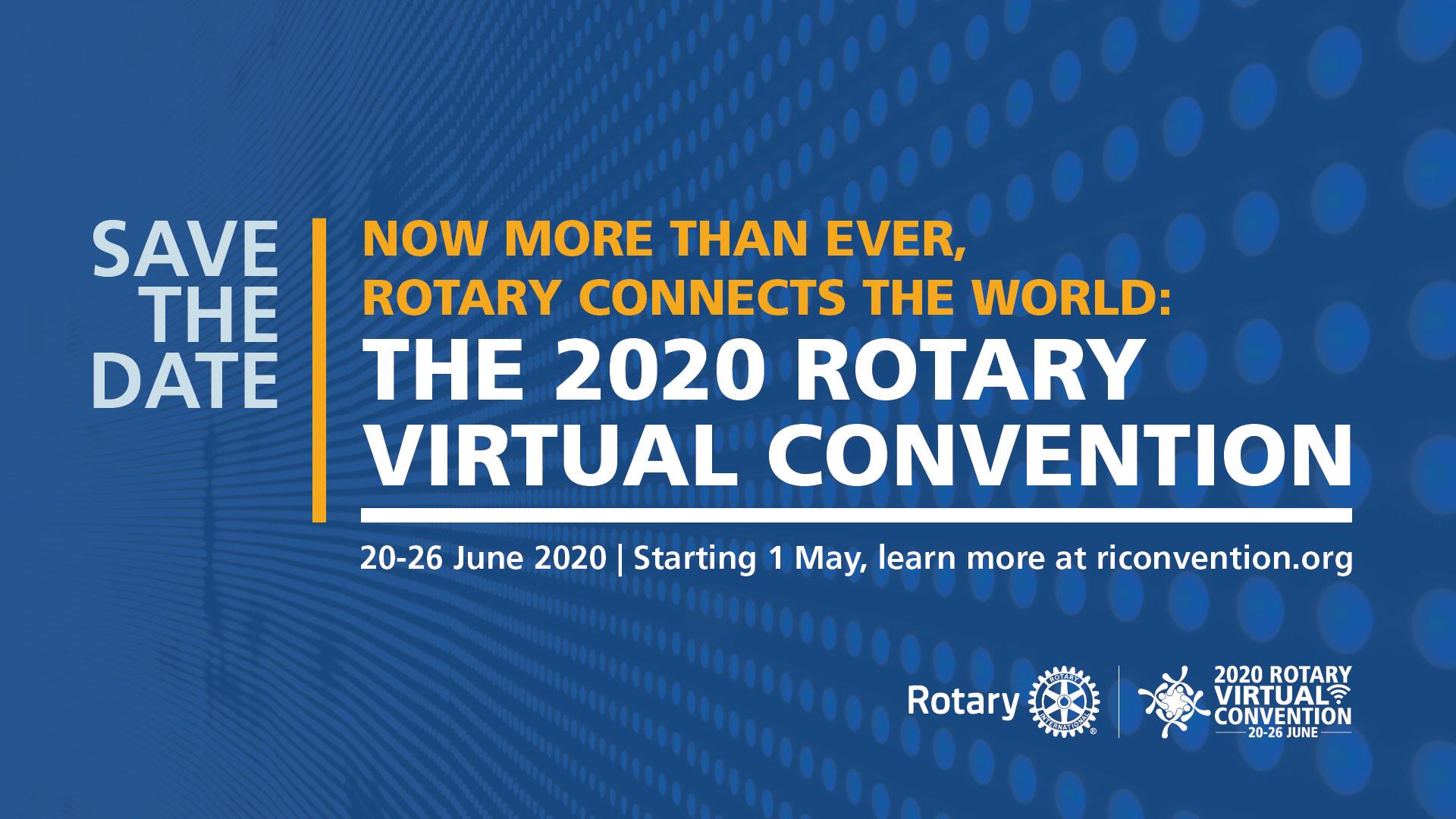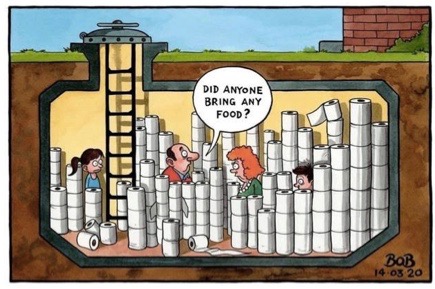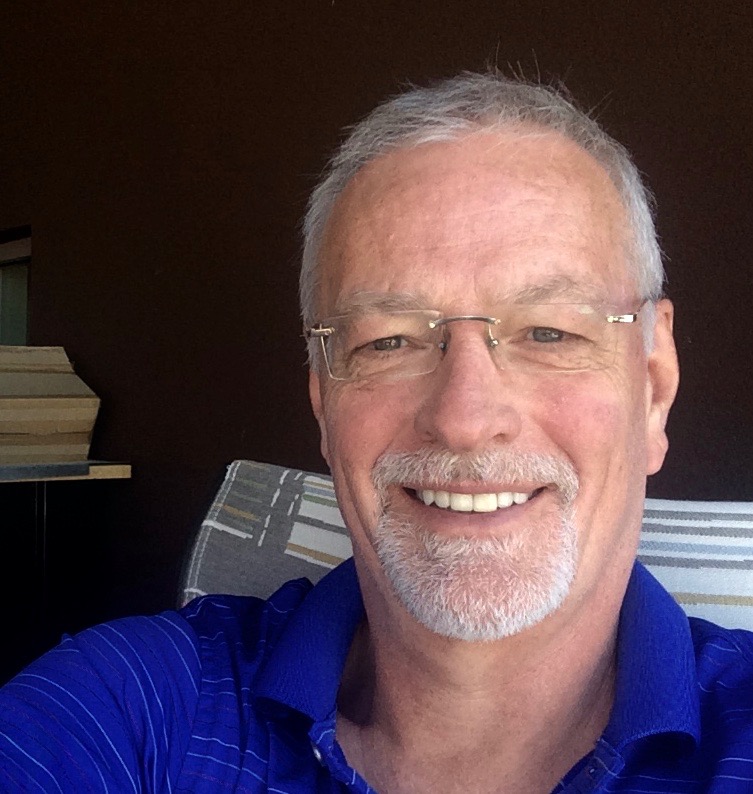 In his May message to the District, DG David discusses the tragic situation on the Navajo Nation during the coronavirus outbreak.
In his May message to the District, DG David discusses the tragic situation on the Navajo Nation during the coronavirus outbreak.May 2020 Newsletter
 In his May message to the District, DG David discusses the tragic situation on the Navajo Nation during the coronavirus outbreak.
In his May message to the District, DG David discusses the tragic situation on the Navajo Nation during the coronavirus outbreak..jpg) “Taking It to the Next Level”
“Taking It to the Next Level”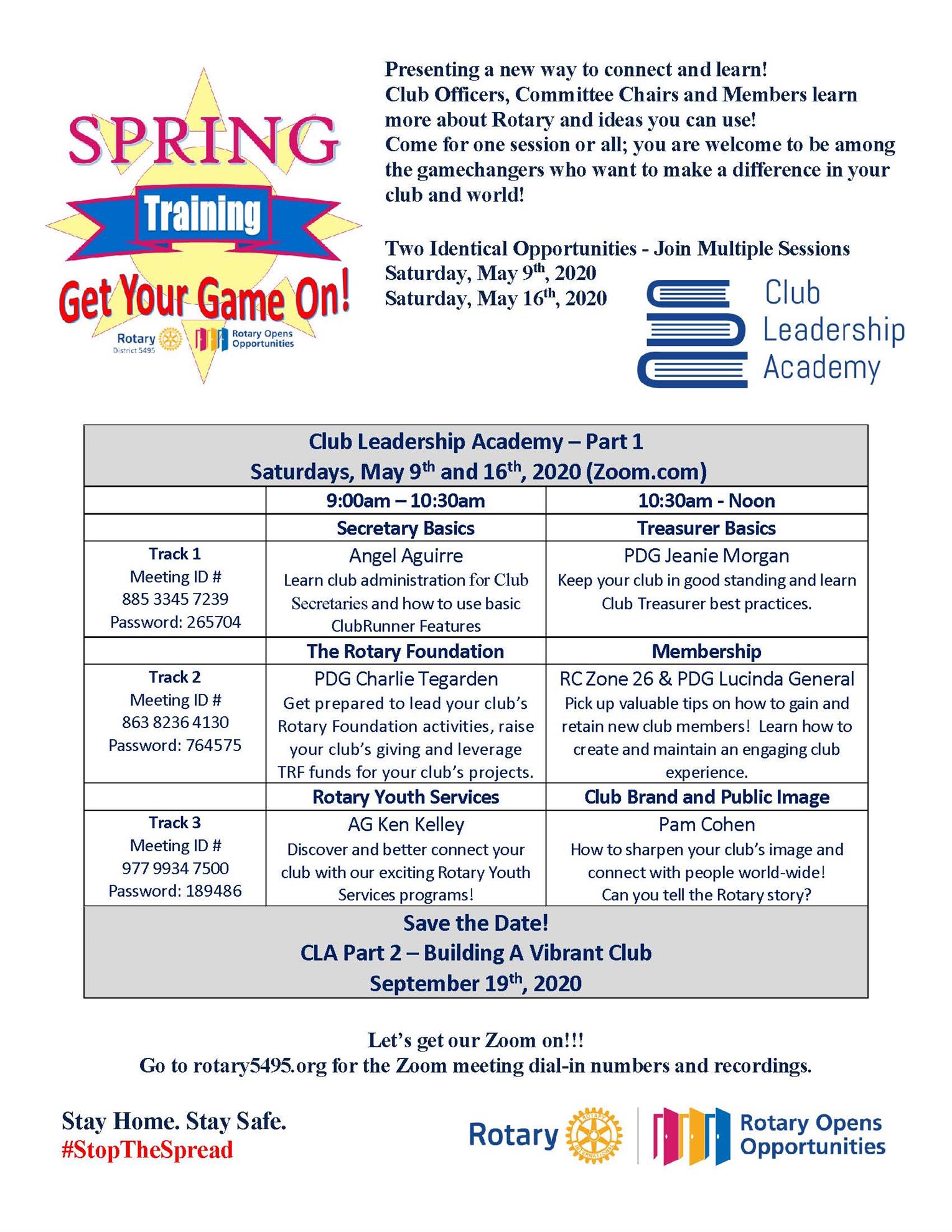
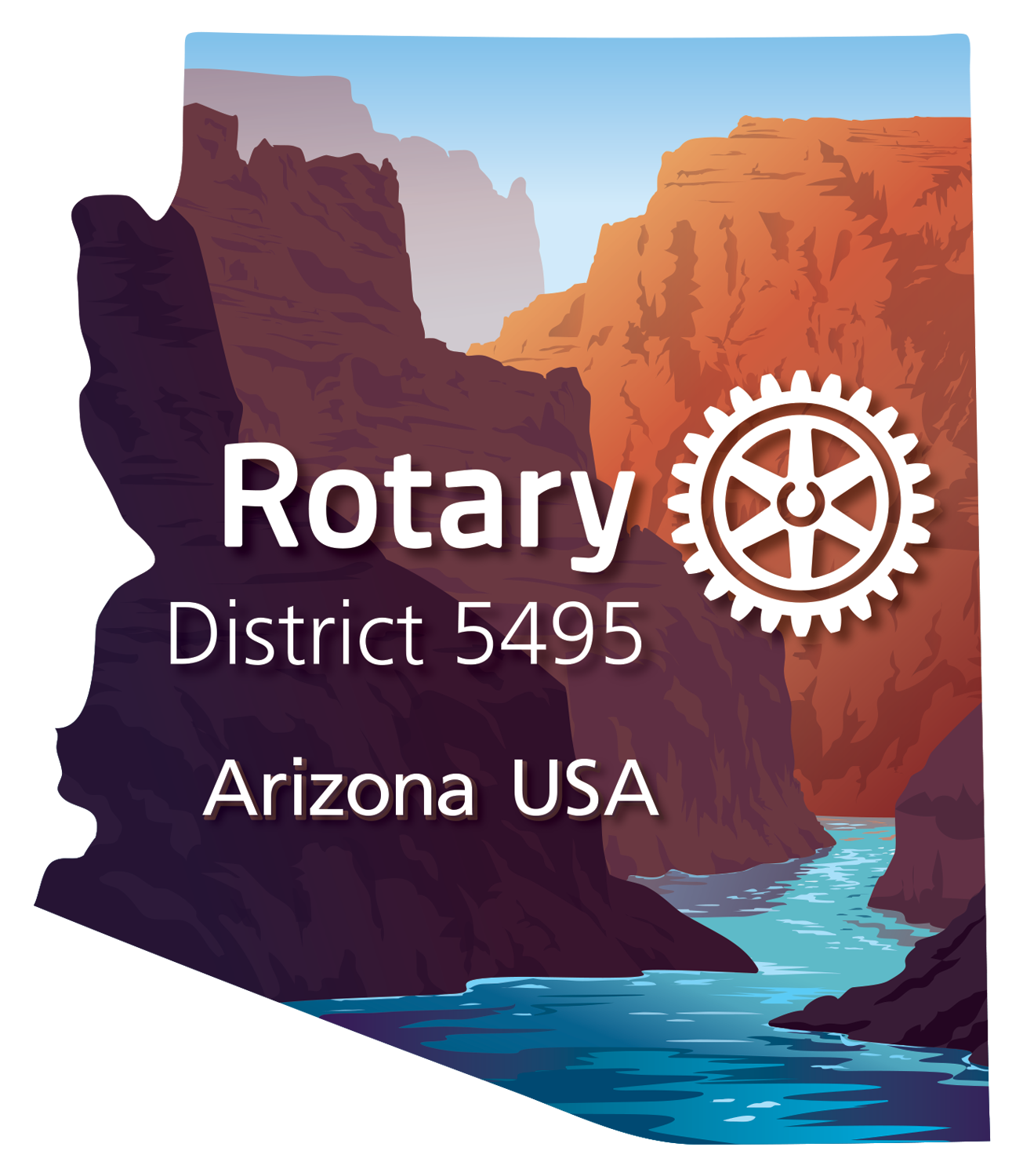
We are constantly amazed and inspired by the resourcefulness, generosity and determination of Rotarians to help others. In light of our current coronavirus challenges the Governor Line thought that we would share a few of the wonderful service ideas from District Rotarians that are high priority given the current pandemic and pending deadlines:
Clean Water Emergency in the Navajo Nation: You may have learned that there is a terrible outbreak of COVID-19 in the Navajo Nation, including right here in northeast Arizona. (HuffPost Article; Albuquerque Journal Article) Bottom line: lack of clean water has severely impacted the ability of the Navajo to adhere to hygiene protocol and has led to one of the worst concentrations of COVID-19 in our region, which has certainly been exacerbated by inadequate healthcare facilities. Our Navajo Water Project Global Grants are focused on the long-term solution of home-by-home water-system installations, but there is an urgent need for general sources of clean water across the Navajo Nation. Our partner in the Water Project, DigDeep, is racing to make clean water available to the Navajo to give them a chance to stop the spread of the virus. For more information, contact DG David at dsimmer9@gmail.com. To support this critical Rotarian-led initiative for clean water visit DigDeep.org.
The Rotary Vocational Fund of Arizona wants to share a story shared by Board Member Jeanie Morgan: Mesa West Rotary includes recipients of TRVFA grants in the subscribers to their weekly electronic Messenger. During the weeks the club was not meeting face-to-face, they asked members and subscribers to submit happy thoughts or concerns for publication. Jennifer who they sponsored to receive a grant to attend the LPN Program at East Valley Institute of Technology beginning in May, 2019 responded with the following:
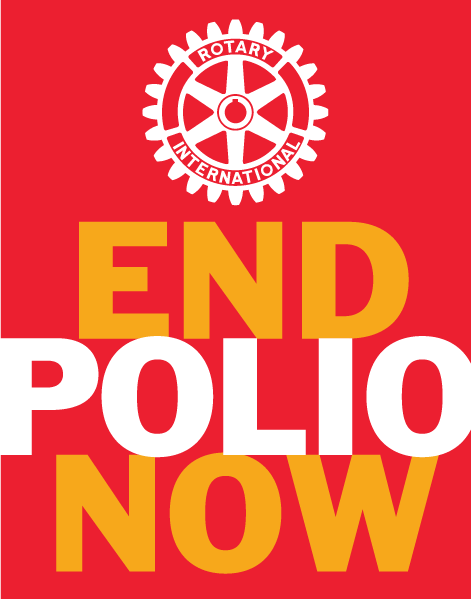 ot surprisingly, given the current public health situation worldwide, the number of polio cases caused by the wild poliovirus continues to rise year over year. Thus far in 2020 we have had 61 cases detected, 49 in Pakistan and 12 in Afghanistan. These numbers reflect the latest report available, dated 26 May 2020. This compares to 40 cases a year ago. There have also been 121 cases of cVDPV this year as compared to 36 a year ago. (cVDPV is vaccine derived polio virus).
ot surprisingly, given the current public health situation worldwide, the number of polio cases caused by the wild poliovirus continues to rise year over year. Thus far in 2020 we have had 61 cases detected, 49 in Pakistan and 12 in Afghanistan. These numbers reflect the latest report available, dated 26 May 2020. This compares to 40 cases a year ago. There have also been 121 cases of cVDPV this year as compared to 36 a year ago. (cVDPV is vaccine derived polio virus). 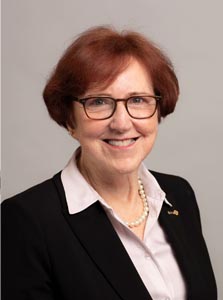 There have been a number of inquiries regarding the impact of Covid-19 on polio eradication. I am able to share the current status as of April 8,2020, as presented by Mike McGovern, Chair of the Rotary International PolioPlus Committee and John Germ, Past Rotary International President and Chair of the Polio Countdown to History Committee.
There have been a number of inquiries regarding the impact of Covid-19 on polio eradication. I am able to share the current status as of April 8,2020, as presented by Mike McGovern, Chair of the Rotary International PolioPlus Committee and John Germ, Past Rotary International President and Chair of the Polio Countdown to History Committee.Polio Oversight Board Statement
The COVID-19 pandemic response requires worldwide solidarity and an urgent global effort. The Global Polio Eradication Initiative (GPEI) stands ready to respond.
GPEI’s response to COVID-19 is driven by two principles. The first is our public health imperative to ensure that the polio programme fully plays its part in the COVID-19 response, supported by our second, underlying principle that when the emergency ends we will be ready to end polio with urgency and determination.
GPEI assets at service of COVID-19 response
The Polio Oversight Board (POB) has agreed that for the next four to six months, GPEI programmatic and operational assets and human resources, from global to country level, will be made available to enable a strong response to COVID-19, while maintaining critical polio functions, such as surveillance and global vaccine supply management.
GPEI will continue to deploy polio-funded personnel to the COVID-19 response and make available coordination mechanisms, such as emergency operations centers, and physical assets such as transportation or IT hardware. Through our extensive front-line worker networks in many countries, we will ensure the collection of information to provide evidence-informed guidance in line with WHO recommendations. At country level, the polio surveillance network is being trained on COVID-19 case detection, case and contact tracing, laboratory testing and data management. Our data management systems and front-line staff are already ramping up action in many countries, and wherever the polio programme has a presence we will continue to serve the response.
GPEI will also seek assurances that when GPEI staff is supporting COVID-19 front line activities, they will be provided with the necessary training, materials, equipment and logistics support to do so safely, in line with infection prevention and control measures. The GPEI is conscious that women, who make up most caregivers and health workers, are likely to bear a heavier burden as the pandemic plays out in polio-affected countries. Their health and safety are a priority and we are working on ways to mitigate impact including making sure that their voices are heard in management and leadership positions.
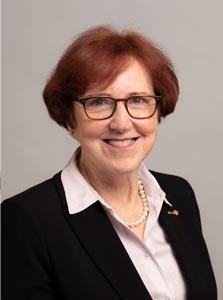 Dear Rotarians,
Dear Rotarians,Please let me begin by thanking each of you for your important contributions to the COVID-19 #RotaryResponds Livestream Telethon on Saturday, May 2nd, 10 A.M. CST.
You will note that the date has been changed to Saturday, May 2nd, 10 A.M. CST. This change will provide us with the ability to broadcast live in all of Rotary’s official languages which, as you can imagine, is of the utmost importance to create a respectful and inclusive event. Given the amount of people we are expecting to participate, we want to do it right and make sure we have a best practice user experience. Today, I want to provide you with key messages and graphics that you can use to share with your teams.
We are pleased to invite you to participate in a COVID-19 #RotaryResponds one-hour Telethon to raise critical funds for disaster response. This Facebook Live event will be simulcast on the Rotary International Facebook page. The goal is to raise more than $1 million dollars. (the link is now live)
 4 Ways to Engage Members Online
4 Ways to Engage Members OnlineAre you looking for ideas to engage members while we’re physically distancing ourselves from each other? Has your club started meeting online? Here are some of our favorite resources to help:
Watch membership webinars and speeches from recent conventions and the International Assembly in the new Club Programming Collectionon Vimeo.
Share the updated State of Membership presentation at your next meeting.
Discover the professional and personal development opportunities in the Learning Center. From Leading Changeto Building Rotary’s Public Image, these online courses allow you to learn new skills from your home.
Encourage you members to exchange ideas in the Meeting Online learning topic in the learning center.
Find more resources at rotary.org/membership.
We appreciate the work you continue to do during this time and are looking forward to seeing the creative ways in which clubs achieve their goals. Clubs can still report their achievements as described in the Achievement Guide and use the Rotary Citation Recipients report on My Rotary to check their progress. Contact us at riawards@rotary.org if you have any questions.
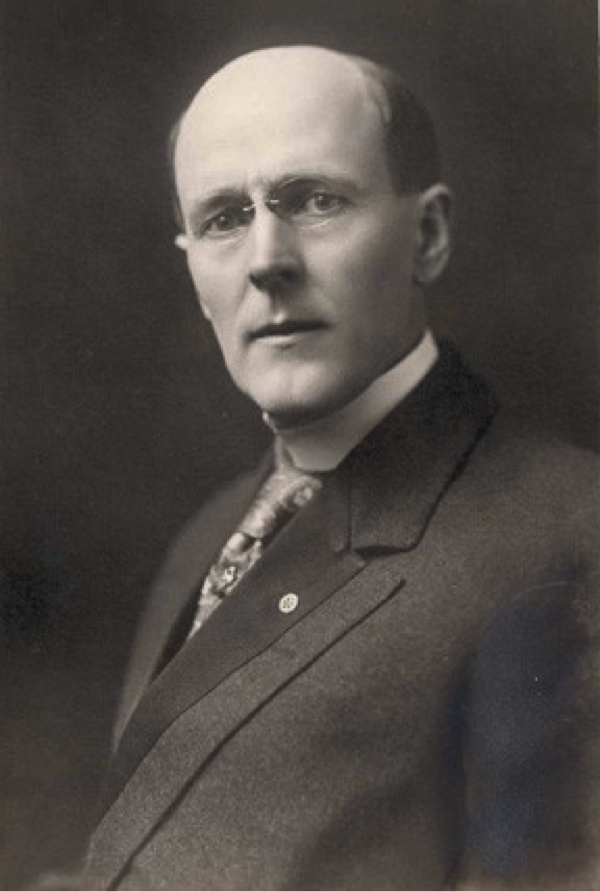 Paul Harris, Rotary’s founder, was born on April 19, 1868 in Racine, Wisconsin. At age three, he moved to Wallingford, Vermont, where he grew up in the care of his paternal grandparents. He attended the University of Vermont and Princeton University and received his law degree from the University of Iowa in 1891.
Paul Harris, Rotary’s founder, was born on April 19, 1868 in Racine, Wisconsin. At age three, he moved to Wallingford, Vermont, where he grew up in the care of his paternal grandparents. He attended the University of Vermont and Princeton University and received his law degree from the University of Iowa in 1891. In 1896, Harris settled in Chicago and opened a law practice. Four years later, he met fellow attorney Bob Frank for dinner on Chicago’s North Side. They walked around the area, stopping at shops along the way. Harris was impressed that Frank was friendly with many of the shopkeepers. He had not seen this kind of camaraderie among businessmen since moving to Chicago and wondered if there was a way to channel it, because it reminded him of growing up in Wallingford.
"The thought persisted that I was experiencing only what had happened to hundreds, perhaps thousands, of others in the great city. I was sure that there must be many other young men who had come from farms and small villages to establish themselves in Chicago. Why not bring them together? If other were longing for fellowship as I was, something would come of it." Harris eventually persuaded several business associates to discuss the idea of forming an organization for local professionals.On February 23, 1905 Harris, Gustavus Loehr, Silvester Schiele, and Hiram Shorey gathered at Loehr’s office in downtown Chicago for what would become known as the first Rotary club meeting.
The Grant Committee of Rim Country Rotary of Payson was prepared to award the District Grant to the Agriculture and the Culinary Arts Programs of Payson High School, for a joint project.
The initial plan was for a cooking competition in which the two programs would work together. The District Grant would fund the materials for the competition: the meat, beans and other items, as well as pay for 2 barbecue grilles, along with various accessories, including grilling tools and covers for the grilles; one for each program.
Unfortunately, the Coronavirus hit our world, and everything changed. Schools were closed and were not expected to reopen prior to the end of the academic year. Social distancing was mandated and the competition was cancelled. Rim Country Rotary of Payson needed to find an alternate option for the allocation of the District Grant funds. While working with the Culinary Arts Program Director, it was learned that the Culinary Arts Program’s kitchen and work area were in the process of being remodeled, renovated and updated. However, there were items on their wish list, which were not in their budget.
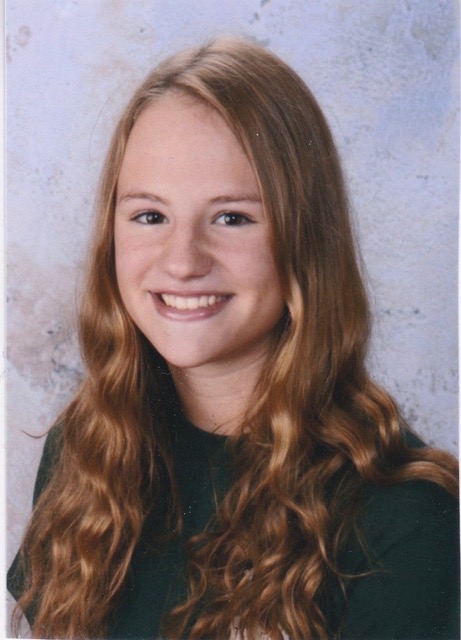 Wow! Our lives have changed so much since the last time this newsletter went out! Schools are now officially closed the rest of the school year, which means unfortunately Interact clubs are unable to meet. We were lucky enough to have done our Interact District Conference before all this craziness ensued! Though Interact clubs are unable to meet, we still have our Interact District Council Application that is open till April 15. This is a great opportunity for young leaders to take the next step in Interact leadership. Please encourage the leaders in Interact that you know to apply! They can find the application on the website https://www.rotaryazinteract.org/. I highly recommend that anyone with a passion for Interact to apply. If you have any question on how to apply or who should apply, feel free to contact me!
Wow! Our lives have changed so much since the last time this newsletter went out! Schools are now officially closed the rest of the school year, which means unfortunately Interact clubs are unable to meet. We were lucky enough to have done our Interact District Conference before all this craziness ensued! Though Interact clubs are unable to meet, we still have our Interact District Council Application that is open till April 15. This is a great opportunity for young leaders to take the next step in Interact leadership. Please encourage the leaders in Interact that you know to apply! They can find the application on the website https://www.rotaryazinteract.org/. I highly recommend that anyone with a passion for Interact to apply. If you have any question on how to apply or who should apply, feel free to contact me!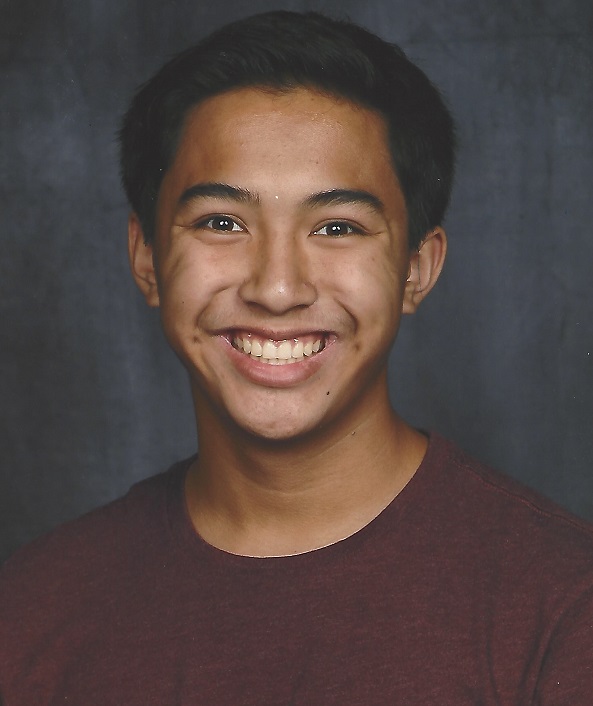 Hello, Interact District Council and District 5495 Rotarians:
Hello, Interact District Council and District 5495 Rotarians: before. She was supposed to be in Kenya but due to COVID-19 issues with international travel, she was available for a ZOOM meeting. Lucky us!
before. She was supposed to be in Kenya but due to COVID-19 issues with international travel, she was available for a ZOOM meeting. Lucky us! 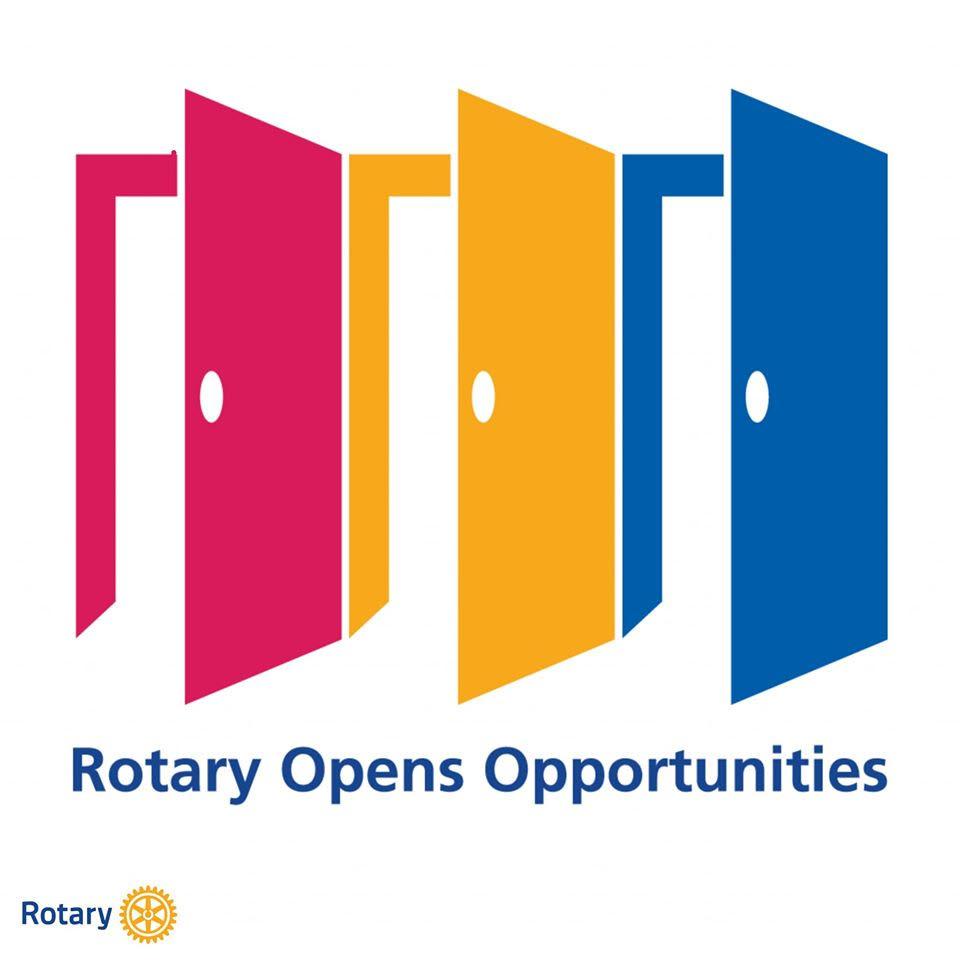 DISTRICT 5500 DISTRICT CONFERENCE SCHEDULED FOR SEPTEMBER
DISTRICT 5500 DISTRICT CONFERENCE SCHEDULED FOR SEPTEMBER
 The District Evening of Entertainment originally scheduled for March 21, 2020 has been rescheduled for Saturday November 7, 2020. If you had seats for the March 21st date, you will have the same seats for the November 7th date. If you did not purchase seats for March 21st, now would be a good time to get this on your calendar and join with many of your fellow District Rotarians for an evening of food, fun and entertainment.
The District Evening of Entertainment originally scheduled for March 21, 2020 has been rescheduled for Saturday November 7, 2020. If you had seats for the March 21st date, you will have the same seats for the November 7th date. If you did not purchase seats for March 21st, now would be a good time to get this on your calendar and join with many of your fellow District Rotarians for an evening of food, fun and entertainment.